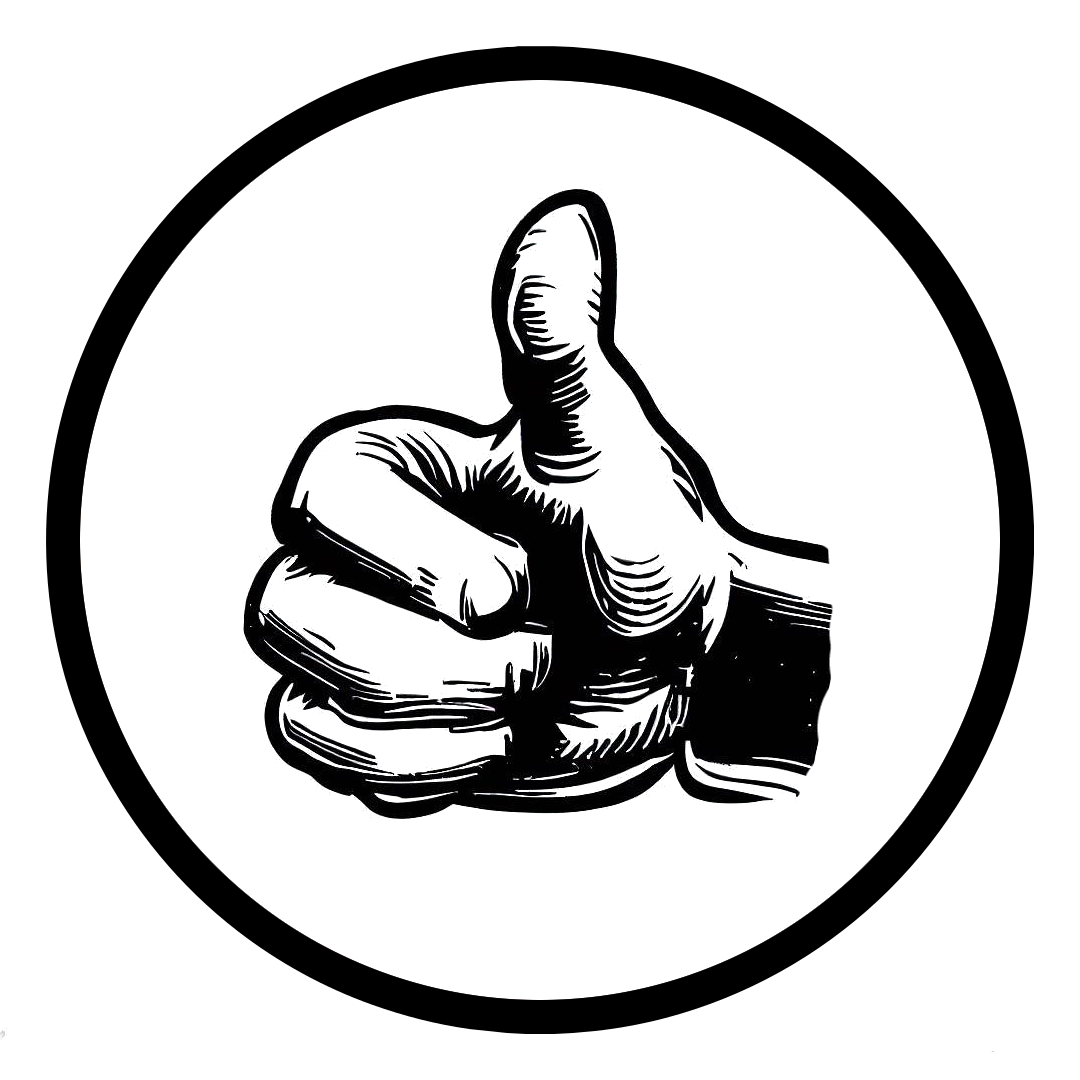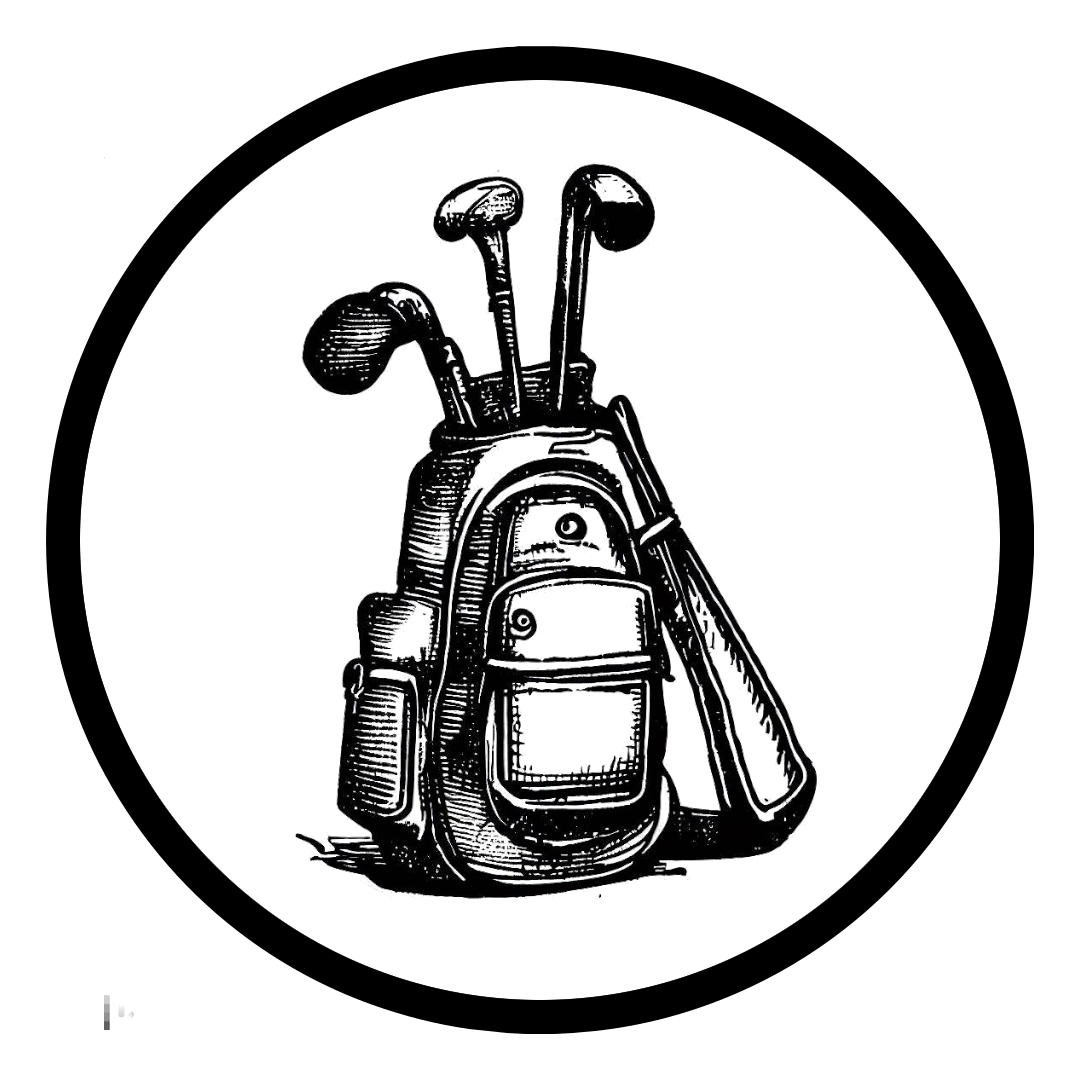Essays & Thinkpeices
-
The Taupō Amateurs golf tournament, renowned for its camaraderie and competitive spirit, is a cherished event among golf enthusiasts. However, an issue that continues to plague this prestigious tournament is slow play. This essay delves into the detrimental effects of slow play on The Taupō Amateurs, highlighting how it diminishes the enjoyment of fellow players and undermines the overall experience of the weekend.
1. Diminished Enjoyment:
Slow play at The Taupō Amateurs detracts from the enjoyment of the tournament by prolonging rounds unnecessarily. What should be a thrilling and competitive event becomes a test of patience, as players endure long waits between shots. The excitement and momentum of the game dissipate as minutes turn into hours, leading to frustration and disillusionment among participants.
2. Disrupted Rhythm and Focus:
The Taupō Amateurs is a showcase of skill and precision, where players strive for excellence with every swing. However, slow play disrupts the natural rhythm and flow of the game, causing players to lose focus and concentration. The constant interruptions hinder performance and consistency, diminishing the overall quality of play and undermining the competitive integrity of the tournament.
3. Impact on Fellow Players' Enjoyment:
Slow play at The Taupō Amateurs has a profound impact on the enjoyment of fellow players, affecting their experience throughout the weekend. Waiting excessively between shots disrupts the camaraderie and social interaction that are integral to the tournament's atmosphere. Moreover, prolonged rounds encroach upon other planned activities and commitments, causing additional stress and inconvenience for participants.
4. Inefficient Use of Resources:
The Taupō Amateurs represents a significant investment of resources, including time, money, and course facilities. Slow play results in an inefficient use of these resources, tying up tee times and delaying the progression of other groups. This inefficiency not only impacts the enjoyment of individual players but also undermines the operational efficiency of the tournament and its organizers.
5. Negative Perception and Reputation:
Slow play at The Taupō Amateurs perpetuates a negative perception of the tournament, both among participants and the broader golfing community. It reinforces stereotypes of golf as a slow and elitist sport, detracting from the tournament's reputation and prestige. As the tournament seeks to attract top talent and maintain its status as a premier golfing event, addressing issues of slow play is crucial to preserving its legacy and appeal.
6. Preservation of Tradition and Values:
The Taupō Amateurs is not just a golf tournament; it is a celebration of tradition, sportsmanship, and camaraderie. Slow play undermines these values by demonstrating a lack of consideration for fellow players and disregarding the principles of fair play and respect. By promoting a culture of pace of play and adherence to etiquette, the tournament can uphold its reputation as a beacon of excellence and integrity in the golfing world.
In conclusion, slow play poses a significant challenge to the enjoyment and overall experience of The Taupō Amateurs golf tournament. It diminishes the thrill of competition, disrupts the camaraderie among players, and tarnishes the reputation of the event. Addressing the issue of slow play requires a concerted effort from organizers, participants, and golfing institutions to promote a culture of respect, efficiency, and enjoyment on the course. By prioritizing pace of play and embracing the values of tradition and sportsmanship, The Taupō Amateurs can reclaim its status as a premier golfing event and ensure a memorable experience for all involved.
-
The Taupō Amateurs golf tournament stands as a beacon of camaraderie and competition, attracting enthusiasts from far and wide to partake in the noble sport. However, amidst the celebration of skill and sportsmanship, the specter of recreational drugs looms as a threat to the integrity and enjoyment of the event. This essay explores the detrimental impact of recreational drugs on The Taupō Amateurs, highlighting how they diminish the experience for fellow players and tarnish the reputation of the tournament.
1. Impaired Performance and Safety:
The use of recreational drugs among players at The Taupō Amateurs poses significant risks to both performance and safety on the course. Golf requires precision, focus, and coordination, all of which are compromised by the influence of drugs. Impaired judgment and motor skills not only diminish the quality of play but also increase the likelihood of accidents and injuries, endangering the well-being of players and spectators alike.
2. Disrupted Atmosphere and Sportsmanship:
The Taupō Amateurs is renowned for its atmosphere of camaraderie and fair play, where players compete with honor and respect for the game. However, the presence of recreational drugs disrupts this ethos, fostering an environment of distraction and discord. Behaviors fueled by drug use, such as aggression or recklessness, undermine the spirit of sportsmanship and detract from the overall experience of the tournament.
3. Negative Impact on Fellow Players' Enjoyment:
The use of recreational drugs at The Taupō Amateurs has a profound impact on the enjoyment of fellow players, affecting their experience throughout the weekend. Those who choose to abstain from drug use find themselves surrounded by an atmosphere of discomfort and unease, as the behavior of intoxicated individuals disrupts the flow of play and social interaction. The sense of camaraderie and mutual respect that defines the tournament is eroded by the presence of drugs, detracting from the overall enjoyment of the event.
4. Reputation and Image:
The Taupō Amateurs is not only a celebration of golfing prowess but also a reflection of the values and integrity of the sport. The use of recreational drugs tarnishes the reputation of the tournament, casting doubt on its credibility and prestige. Spectators and sponsors may hesitate to associate themselves with an event tainted by drug-related incidents, leading to a decline in participation and support. Preserving the reputation of The Taupō Amateurs as a beacon of excellence and sportsmanship requires a firm stance against the influence of drugs on the tournament.
5. Alternative Opportunities for Recreation:
While The Taupō Amateurs offers a unique opportunity for golf enthusiasts to come together and compete, it is but one weekend among many for socializing and revelry. Attendees have plenty of other opportunities to party with friends and indulge in recreational activities outside of the tournament setting. Choosing to abstain from drugs during the tournament is not a deprivation but rather a commitment to upholding the values and traditions of the sport, ensuring a memorable and enjoyable experience for all involved.
In conclusion, the use of recreational drugs poses a significant threat to the integrity and enjoyment of The Taupō Amateurs golf tournament. Impaired performance, disrupted atmosphere, and negative impacts on fellow players' enjoyment all underscore the need for a zero-tolerance policy towards drugs at the event. By promoting a culture of responsibility and respect, organizers and participants can safeguard the reputation and spirit of The Taupō Amateurs, ensuring that it remains a cherished tradition for generations to come.
-
Golf is a sport that demands not only physical skill but also mental acuity and strategic planning. In the competitive realm of golf events like the Taupō Amateurs, preparation is key to success. However, it's not just about perfecting your swing or mastering the greens; it's also about understanding and adhering to the often convoluted rules of the game. Failure to prepare adequately can result in more than just a poor performance on the course; it can lead to embarrassing and awkward punishments that can leave you and your teammates feeling disappointed and frustrated. In this essay, we will delve into why it is essential to come prepared to events like the Taupō Amateurs, focusing on how a lack of preparation can impact both performance and camaraderie.
Section 1: The Convoluted Rules of Golf
Golf is notorious for its intricate and sometimes bewildering rules. From the multitude of penalties for various infractions to the complex regulations regarding equipment and course etiquette, there is much to grasp for even the seasoned player. At events like the Taupō Amateurs, where competition is fierce and adherence to the rules is paramount, being caught unaware of these regulations can have dire consequences.
Subsection 1.1: Understanding Penalties and Punishments
One of the most significant challenges of golf is navigating the penalties and punishments that accompany rule violations. These penalties can range from simple strokes added to your score to more humiliating and inconvenient punishments like hitchhiking home or sitting in the dreaded snake pit during the Champions Feast. Without a thorough understanding of the rules, players risk incurring these penalties unintentionally, putting themselves at a significant disadvantage both on and off the course.
Subsection 1.2: Equipment Regulations and Unconventional Putters
In addition to understanding the penalties for rule violations, players must also familiarize themselves with equipment regulations. Using an unconventional putter or other non-conforming equipment can result in penalties and even disqualification from the event. Lack of preparation in this regard can lead to embarrassment and frustration, as players are forced to navigate the course with subpar equipment or face the consequences of their oversight.
Section 2: The Impact of Lack of Preparation on Performance
Beyond the risk of penalties and punishments, a lack of preparation can significantly impact performance on the golf course. Golf is a game of precision and strategy, and without proper preparation, players are likely to struggle with both.
Subsection 2.1: Mental Preparedness and Focus
Preparation is not just about physical practice; it also involves mental readiness. Players who are not mentally prepared for the challenges of the course are more likely to succumb to distractions and nerves, leading to poor decision-making and erratic play. In the high-pressure environment of events like the Taupō Amateurs, mental fortitude is essential, and lack of preparation can result in costly mistakes.
Subsection 2.2: Familiarity with the Course and Conditions
Another crucial aspect of preparation is familiarity with the course and prevailing conditions. Knowing the intricacies of each hole, understanding how the wind and weather will affect play, and having a game plan for different scenarios are all essential elements of successful performance. Without adequate preparation, players may find themselves ill-equipped to handle the challenges posed by the course, leading to frustration and disappointment.
Section 3: The Importance of Team Dynamics and Camaraderie
In addition to the individual impact of lack of preparation, there is also a broader consequence for team dynamics and camaraderie. Golf is often played in a team or group setting, and the performance of each player can have a significant impact on the collective experience.
Subsection 3.1: Letting Down Teammates and Partners
When one player fails to prepare adequately, it not only affects their own performance but also that of their teammates or playing partners. A weak link in the chain can disrupt the flow of the game and dampen the morale of the entire group. Whether it's failing to contribute to the team score or incurring penalties that impact the group's standing, lack of preparation can strain relationships and diminish the enjoyment of the event for everyone involved.
Subsection 3.2: Upholding the Spirit of the Game
Beyond the practical implications, there is also a deeper significance to coming prepared to golf events like the Taupō Amateurs. Golf is a game built on principles of integrity, sportsmanship, and respect for the rules. By failing to prepare adequately, players not only let themselves and their teammates down but also compromise the integrity of the game itself. Upholding the spirit of the game requires a commitment to preparation and adherence to the rules, ensuring a fair and enjoyable experience for all participants.
In conclusion, the importance of preparation at golf events like the Taupō Amateurs cannot be overstated. From understanding the convoluted rules of the game to ensuring mental and physical readiness on the course, preparation is essential for success. Failure to prepare adequately can result in not only poor performance but also embarrassing and awkward punishments that can detract from the overall experience. By coming prepared, players not only give themselves the best chance of success but also uphold the integrity and spirit of the game, ensuring a positive and enjoyable experience for all involved.
-
Golf is a sport that prides itself on principles of integrity, fairness, and sportsmanship. Central to maintaining these values is the concept of golf handicaps, which level the playing field by allowing players of different skill levels to compete on an equal basis. However, the integrity of this system relies heavily on the honesty and accuracy of each player's handicap. In events like the Taupō Amateurs, where competition is fierce and camaraderie is paramount, the importance of honest golf handicaps cannot be overstated. In this essay, we will explore why honest handicaps are essential for preserving the integrity of the game and ensuring a fair and enjoyable experience for all participants.
Section 1: The Role of Handicaps in Golf
Subsection 1.1: Leveling the Playing Field
One of the primary purposes of golf handicaps is to level the playing field, allowing players of different skill levels to compete on an equal basis. By adjusting each player's score based on their handicap, the system aims to ensure that the outcome of the game is determined by skill rather than raw talent. This inclusivity is fundamental to the spirit of the game, allowing players of all abilities to enjoy the sport together.
Subsection 1.2: Promoting Fair Competition
Handicaps also play a crucial role in promoting fair competition. In events like the Taupō Amateurs, where players come together from diverse backgrounds and skill levels, it is essential that everyone has an equal chance of success. By accurately reflecting each player's skill level, handicaps ensure that no one gains an unfair advantage over their competitors. This fairness is essential for maintaining the integrity of the game and fostering a positive atmosphere of sportsmanship and camaraderie.
Section 2: The Pitfalls of Dishonest Handicaps
Subsection 2.1: Undermining Fairness and Integrity
Unfortunately, not all players adhere to the principles of honesty when it comes to their handicaps. Some individuals may deliberately inflate or manipulate their handicaps in an attempt to gain an unfair advantage over their opponents. This dishonesty undermines the fundamental principles of fairness and integrity that are central to the game of golf, tarnishing the reputation of both the individual player and the sport as a whole.
Subsection 2.2: The Impact on Competition
The consequences of dishonest handicaps extend beyond individual integrity; they also have a significant impact on the overall competition. When players with inflated handicaps dominate the leaderboard, it creates a sense of injustice among their competitors, eroding trust and camaraderie within the golfing community. Moreover, it discourages honest players from participating in future events, knowing that their efforts may be overshadowed by those who are willing to bend the rules for personal gain.
Section 3: Maintaining Integrity: Honesty and Accountability
Subsection 3.1: The Responsibility of Players
At the heart of the issue of handicaps lies a simple principle: honesty. It is the responsibility of each player to accurately report their scores and adhere to the rules of handicap calculation. This honesty not only ensures fair competition but also upholds the integrity of the game, preserving its reputation as a sport of honor and sportsmanship. Players who manipulate their handicaps betray this trust and undermine the very essence of golf.
Subsection 3.2: Accountability and Enforcement
To uphold the integrity of the handicap system, it is essential that players be held accountable for their actions. Tournament organizers and governing bodies must take proactive measures to detect and address instances of handicap manipulation, imposing penalties on those found guilty of dishonesty. Moreover, players themselves must be vigilant in reporting any suspicions of foul play, ensuring that the integrity of the game is upheld at all times.
Section 4: Addressing Complaints and Resentment
Subsection 4.1: The Dangers of Complaints and Resentment
In addition to the issue of dishonest handicaps, there is also a related concern regarding complaints and resentment among players. While it is natural for individuals to feel frustrated when they perceive an unfair advantage, excessive complaining and resentment only serve to poison the atmosphere of the game. Players who fixate on the handicaps of others instead of focusing on their own game detract from the overall enjoyment of the event and undermine the spirit of sportsmanship.
Subsection 4.2: Leading by Example: The Case of Bodhi Vette
A prime example of the dangers of excessive complaining is the case of Bodhi Vette, a player known for his vocal criticisms of other players' handicaps. Despite his talent on the course, Vette's negative attitude and constant complaints have earned him a reputation as a divisive figure within the golfing community. His behavior serves as a cautionary tale, reminding players that the only thing worse than a dishonest handicap is a player who complains incessantly about the handicaps of others.
In conclusion, the importance of honest golf handicaps at events like the Taupō Amateurs cannot be overstated. Handicaps play a crucial role in leveling the playing field, promoting fair competition, and upholding the integrity of the game. However, this system relies heavily on the honesty and accountability of each individual player. By manipulating handicaps or complaining about the handicaps of others, players undermine the fundamental principles of fairness and sportsmanship that are central to the game of golf. It is only by embracing honesty and integrity that we can ensure a positive and enjoyable experience for all participants, both on and off the course.
Boosters - Use Once per Round
-

Oestrogen Booster
Tee off from the Ladies
-

Testoserone Booster
Move your ball one Dicklength (max 12”) for no shot
-

Adrenaline Booster
Throw you ball instead of using a club. You still incur the shot
-

Unity Booster
Play a hole Ambrose with your partner. Use the Gross score & your handicap counts*
At least one shot from each player must be used. -

Redirect Booster*
*Only applicable if two cups have been cut at the course
Play the hole into the Reserve cup on the green instead of the Pin’s hole
-

Needle Ball
Similar to the Trumpball. The Needleball may be used to call “I bet you can’t do that again” after a shot of his competitors, throwing the Needleball at their feet & compelling them to retake their shot.
-

Trump Ball
A player may call “Fake News” after any shot, replaying it from the same spot with the Trumpball. He will then finish the hole with no consequence or penalty.
If you are more partial to your original shot you may ignore your claim of “Fake News” , discard the Trumpball & act like it never happened.*
-

Joker Ball**
**Only players who win a Joker on Day One
Play 2 balls on any given hole & take the lowest score.
- you may start playing the ball at any time during a hole
- the Joker Ball also acts as a Blueball, so use the ball wisely. Failure to return the ball to the committee will result in hitchhiking home.
The Wheel Of Repercussions
-

The Money
Free admission into next years Amateurs
2024 - William Howard -

The Hike Home
Hitchhike back to Auckland post event (or to the following Amateurs)
-

The Apology
A handwritten letter of apology to all attending Amateurs
-

The Detox
Loose your boosters for a Day at the following Amateurs
-

The Brow
Lose an eyebrow prior to the next Amateurs (or the brow of your first born, or a facial tattoo or piercing)
2024 - Andrew Thomas
2024 - James Josephson -

The Reaper
Consume a Carolina Reaper or a shot from the Reaper urn.
2024 - Oliver Cox -

The Putter
Swap your putter out for a “putter” from the Amateur Collection
-

The Caddy
Caddy for your opponent whilst playing your rounds at next year’s Amatuers
2024 - David Laurence -

The Drongo Collection
Select a bag to use for next year’s Amateurs from the Drongo Collection
-

The Table for 1
Enjoy the Champions Banquet from the solitude of the Table for 1
-

The Chance Card
Respin that wheel
-

The Lone Star
Take all LTM’s to dine at Lone Star prior to next years Amateurs
